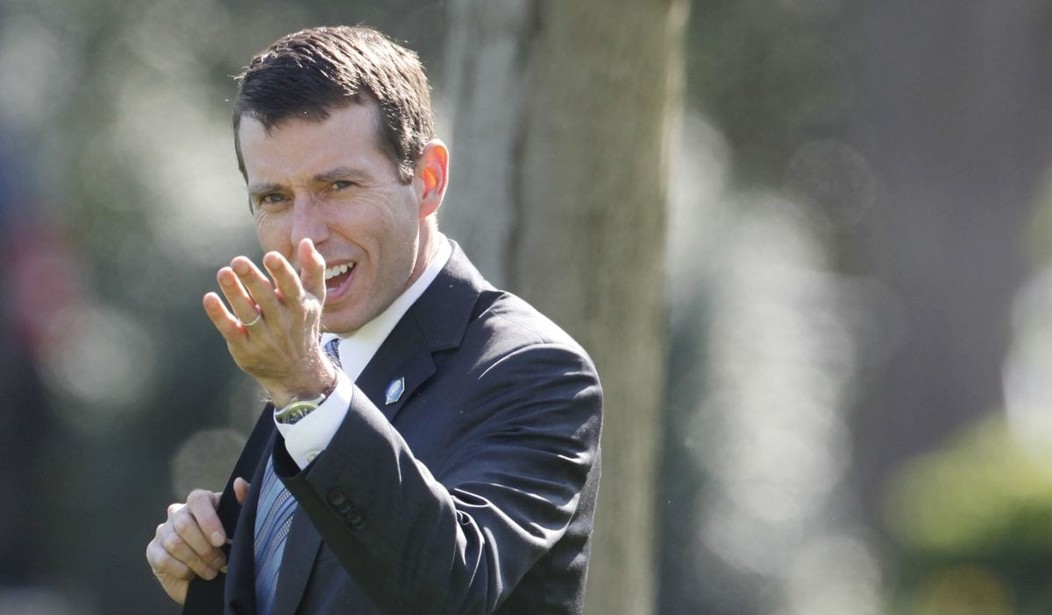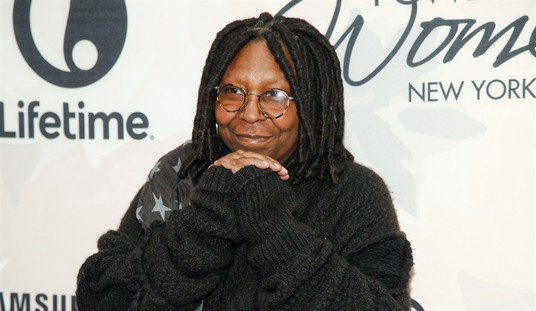President Obama visited Hiroshima today, leaving this message written in the Peace Memorial Park’s guest book: “We have known the agony of war. Let us now find the courage, together, to spread peace, and pursue a world without nuclear weapons.”
Obama and Japanese Prime Minister Shinzo Abe toured the memorial, laid wreaths and shook hands to finish the first visit by a U.S. president to the site.
Obama briefly met two survivors of the atomic blast that ended World War II: Sunao Tsuboi, 91, chairman of the Hiroshima Prefectural Confederation of A-bomb Sufferers Organization, and Shigeaki Mori, 79, who created a memorial for American WWII POWs killed at Hiroshima.
Before the visit, Obama spoke to U.S. and Japanese forces at Iwakuni and said the Hiroshima trip was “an opportunity to honor the memory of all who were lost during World War II.”
“It’s a chance to reaffirm our commitment to pursuing the peace and security of a world where nuclear weapons would no longer be necessary,” he said. “And it’s a testament to how even the most painful divides can be bridged; how our two nations — former adversaries — cannot just become partners, but become the best of friends and the strongest of allies.”
At the memorial, Obama said he came “to ponder a terrible force unleashed in a not so distant past.”
“We come to mourn the dead, including over 100,000 in Japanese men, women and children; thousands of Koreans; a dozen Americans held prisoner. Their souls speak to us. They ask us to look inward, to take stock of who we are and what we might become,” Obama continued.
“…We are most starkly reminded of humanity’s core contradiction; how the very spark that marks us as a species — our thoughts, our imagination, our language, our tool-making, our ability to set ourselves apart from nature and bend it to our will — those very things also give us the capacity for unmatched destruction.”
The president added that “every great religion promises a pathway to love and peace and righteousness, and yet no religion has been spared from believers who have claimed their faith as a license to kill.”
While Obama did not apologize on behalf of the United States for dropping the bomb, he noted that “we force ourselves to feel the dread of children confused by what they see; we listen to a silent cry” in visiting the site.
“We remember all the innocents killed across the arc of that terrible war, and the wars that came before, and the wars that would follow,” he said. “Mere words cannot give voice to such suffering, but we have a shared responsibility to look directly into the eye of history and ask what we must do differently to curb such suffering again… the memory of the morning of August 6th, 1945 must never fade.”
“That memory allows us to fight complacency. It fuels our moral imagination. It allows us to change.”
Nuclear disarmament is not enough, Obama added, “for we see around the world today how even the crudest rifles and barrel bombs can serve up violence on a terrible scale.”
“We must change our mindset about war itself –- to prevent conflict through diplomacy, and strive to end conflicts after they’ve begun; to see our growing interdependence as a cause for peaceful cooperation and not violent competition; to define our nations not by our capacity to destroy, but by what we build,” he said.
“…Those who died -– they are like us. Ordinary people understand this, I think. They do not want more war. They would rather that the wonders of science be focused on improving life, and not eliminating it.”
Obama called for “a future in which Hiroshima and Nagasaki are known not as the dawn of atomic warfare, but as the start of our own moral awakening.”
Abe reflected on his visit last year to Washington and the World War II memorial and said Obama’s visit “gives great hope to people all around the world who have never given up their hope for a world without nuclear weapons.”
“I express my sincere respect to the decision and courage of President Obama,” he added. “With his decision and courage, we are opening a new chapter to the reconciliation of Japan and the United States, and in our history of trust and friendship.”
The prime minister said Thursday he has no plans to visit Pearl Harbor.
“Look, I mean, our relationship with Japan is strong, strategic. We have built a partnership over — with them over the past 70-plus years that is durable and forward-looking, with an acknowledgement of the sacrifices and the pain that preceded it,” State Department spokesman Mark Toner said when asked about the prime minister’s lack of plans to visit Hawaii in return.
At the Pentagon on Thursday, press secretary Peter Cook was asked if Defense Secretary Ash Carter invited his Japanese counterpart to visit Pearl Harbor as a “quid pro quo.”
“If we have future invitations, we’ll be sure to let you know,” Cook replied. “But thanks — thanks for thinking of it.”









Join the conversation as a VIP Member